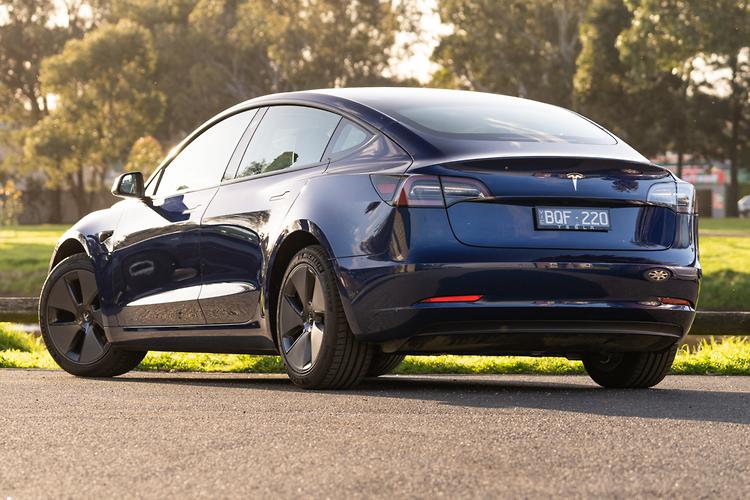As the world shifts towards sustainable transportation, electric cars have gained significant popularity. One crucial component that powers these vehicles is the battery. However, potential electric car owners often wonder, "How much is a battery for an electric car?" In this comprehensive guide, we will delve into the intricacies of electric car batteries, exploring their costs, factors influencing prices, and the future outlook. Buckle up as we embark on an enlightening journey into the world of electric vehicle batteries.
- Understanding Electric Car Batteries:
Electric car batteries are the heart of the vehicle, providing the necessary power for propulsion. These batteries are typically lithium-ion (Li-ion) batteries, known for their high energy density, longevity, and rechargeability. They consist of multiple cells connected in series and parallel configurations, forming a battery pack. - Factors Influencing Electric Car Battery Costs:
The cost of an electric car battery depends on various factors, including:
a. Battery Capacity: The size of the battery pack, measured in kilowatt-hours (kWh), directly affects the cost. Generally, higher capacity batteries offer greater driving range but come at a higher price.
b. Battery Chemistry: Different battery chemistries, such as nickel-cobalt-aluminum (NCA), nickel-manganese-cobalt (NMC), and lithium iron phosphate (LiFePO4), have varying costs. NCA and NMC batteries are commonly used in electric cars due to their high energy density, but they tend to be more expensive than LiFePO4 batteries.
c. Technological Advancements: Advancements in battery technology, such as improved energy density and manufacturing processes, can reduce costs over time. As research and development progress, economies of scale and increased production efficiency contribute to cost reductions.
d. Raw Material Prices: The prices of raw materials used in battery production, such as lithium, cobalt, and nickel, can significantly impact battery costs. Fluctuations in these material prices can influence the overall battery price.
- Current Electric Car Battery Prices:
The cost of electric car batteries has been steadily declining over the years. In 2023, the average price for an electric vehicle battery pack was around $150 to $200 per kilowatt-hour (kWh). However, it's important to note that battery prices vary depending on the vehicle manufacturer, battery capacity, and other factors. As technology advances and production scales up, experts predict further cost reductions in the coming years. - Future Outlook and Cost Projections:
The future of electric car batteries looks promising. With ongoing research and development, advancements in battery technology are expected to drive down costs and improve performance. Industry experts anticipate that electric vehicle battery prices could reach the critical threshold of $100 per kWh by 2025, making electric cars more affordable and accessible to a wider audience.
Conclusion:
In conclusion, the cost of a battery for an electric car depends on several factors, including battery capacity, chemistry, technological advancements, and raw material prices. While the average price of an electric vehicle battery pack was around $150 to $200 per kWh in 2023, ongoing advancements in battery technology and economies of scale are projected to drive down costs in the future. As electric cars become more affordable, the transition to sustainable transportation will accelerate, benefiting both the environment and consumers.




More Stories
How Jiesheng Monitor Arms Improve Your Home Office Setup
Smart Dynamic Cycling Helmet with Warning Lights for Real Roads
How Jiesheng Monitor Arms Improve Your Home Office Setup